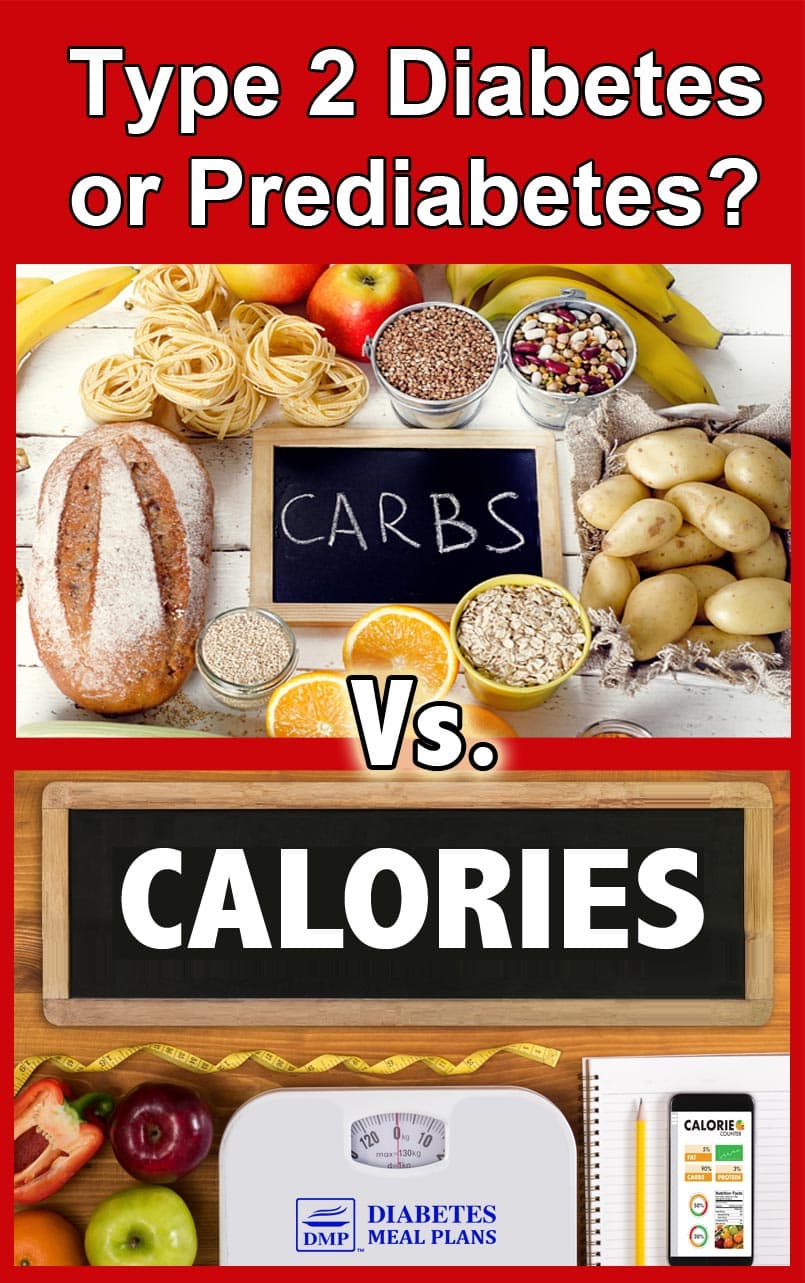how many calories a day for type 2 diabetes Calories many need board calorie intake healthy choose really diabetes health
Carbs vs Calories: What Every Type 2 Diabetic Should Know When it comes to managing type 2 diabetes, understanding the relationship between carbs and calories is key. As a diabetic, making healthy food choices plays a significant role in controlling blood sugar levels and maintaining an overall healthy lifestyle. In this post, we will delve into the importance of carbs and calories for individuals with type 2 diabetes and help you understand how to strike the right balance to maintain optimal health. Let’s start by exploring the concept of carbohydrates. Carbohydrates are one of the main sources of energy for our bodies. They are found in various foods, such as grains, fruits, vegetables, and dairy products. As a person with type 2 diabetes, it’s crucial to pay attention to the type and amount of carbohydrates you consume. This is because carbohydrates can significantly impact your blood sugar levels. Many people mistakenly believe that all carbs are harmful when living with diabetes. However, that’s not entirely accurate. It’s the type and quality of carbs that make a difference. Complex carbohydrates, such as whole grains, legumes, and vegetables, are nutritious options that provide essential vitamins, minerals, and dietary fiber. On the other hand, simple carbohydrates, found in sugary drinks and refined grains, can cause blood sugar spikes and should be consumed in moderation. Now, let’s dive into the role of calories in managing diabetes. Calories are a measure of the energy content in food. For individuals with type 2 diabetes, maintaining a healthy weight is crucial for managing blood sugar levels and overall well-being. Consuming excess calories can lead to weight gain or hinder weight loss efforts, which can impact insulin resistance and glucose control. Determining the number of calories you should consume each day is a personal process that involves considering factors such as your age, sex, activity level, and weight goals. However, it’s generally recommended that adults with diabetes consume around 1,500 to 2,000 calories per day to maintain a healthy weight. It’s best to consult with a registered dietitian or healthcare provider to determine the calorie range that suits your specific needs. To put this information into practice, let’s see what a typical day might look like for a person with type 2 diabetes. Breakfast: Start your day with a balanced meal that includes complex carbohydrates, such as whole grain toast or oatmeal, along with a source of lean protein, such as eggs or Greek yogurt. This combination will provide sustained energy and help you feel satisfied until your next meal. Snack: To keep your blood sugar levels stable between meals, reach for a piece of fruit paired with a handful of nuts or seeds. This snack provides a good balance of carbohydrates, healthy fats, and protein. Lunch: Opt for a colorful salad with a variety of vegetables, a lean protein source (such as chicken breast or tofu), and a small portion of whole grains, like quinoa or brown rice. This well-rounded meal will help you stay full and avoid energy crashes in the afternoon. Snack: Choose a low-fat Greek yogurt or a small handful of baby carrots with hummus as a mid-afternoon snack. These options are low in calories and carbohydrates but still provide important nutrients. Dinner: Prepare a well-balanced plate with half of it filled with non-starchy vegetables, one-quarter with lean protein, like fish or chicken, and one-quarter with whole grains or starchy vegetables, such as sweet potatoes or whole-wheat pasta. This combination ensures you get the necessary nutrients without overloading on calories. Snack: If you find yourself craving something sweet after dinner, opt for a small portion of dark chocolate or a low-sugar homemade treat. Remember to enjoy these indulgences in moderation. By understanding the link between carbohydrates and calories and making informed choices, you can successfully manage your type 2 diabetes. Remember to listen to your body, keep an eye on portion sizes, and make gradual changes to your diet for long-term success. As with any health-related information, it’s important to consult with your healthcare provider or a registered dietitian before making any significant changes to your diet. These professionals can provide personalized guidance based on your individual needs and goals. Take control of your health by making wise food choices, understanding the impact of carbs and calories, and embracing a balanced lifestyle. With the right knowledge and support, you can manage your type 2 diabetes effectively and live a vibrant, healthy life.
If you are searching about How Many Calories Should A Diabetic Eat Each Day - MUCHW you’ve came to the right web. We have 5 Images about How Many Calories Should A Diabetic Eat Each Day - MUCHW like How Many Calories Should A Diabetic Eat Each Day - MUCHW, How Many Calories Should A Diabetic Consume In A Day? | DiabetesTalk.Net and also Pin on Counting Calories to lose weight. Read more:
How Many Calories Should A Diabetic Eat Each Day - MUCHW
 muchw.blogspot.comcarbs diabetic diabetics daily confusing tend diabetesmealplans gestational prediabetic vitamins club
muchw.blogspot.comcarbs diabetic diabetics daily confusing tend diabetesmealplans gestational prediabetic vitamins club
Carbs Vs Calories For Type 2 Diabetes
 diabetesmealplans.comcarbs calories diabetes vs type
diabetesmealplans.comcarbs calories diabetes vs type
How Many Calories Should A Diabetic Consume In A Day? | DiabetesTalk.Net
 diabetestalk.netPin On Counting Calories To Lose Weight
diabetestalk.netPin On Counting Calories To Lose Weight
 www.pinterest.comcalories counting quinoa coleslaw inconsapevole
www.pinterest.comcalories counting quinoa coleslaw inconsapevole
How Many Calories Do We Really Need? | How Many Calories, Health And
 www.pinterest.comcalories many need board calorie intake healthy choose really diabetes health
www.pinterest.comcalories many need board calorie intake healthy choose really diabetes health
Carbs calories diabetes vs type. Carbs vs calories for type 2 diabetes. How many calories should a diabetic consume in a day?